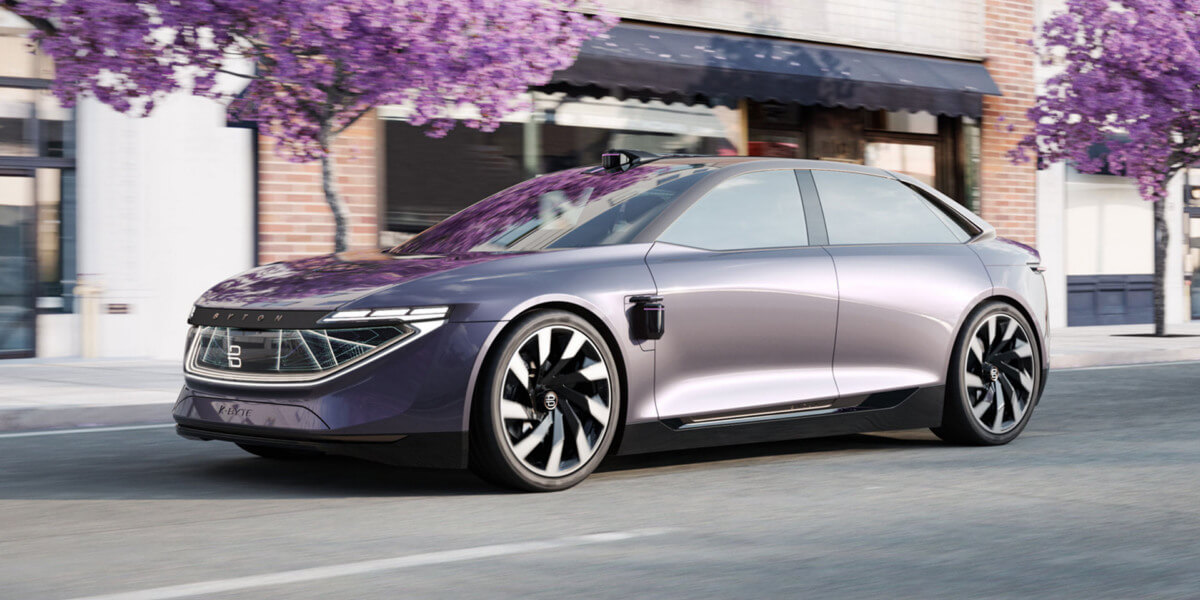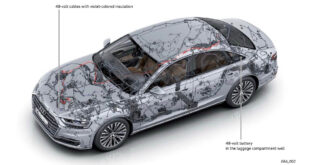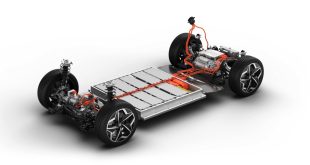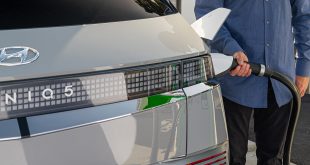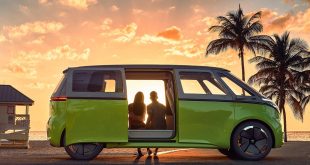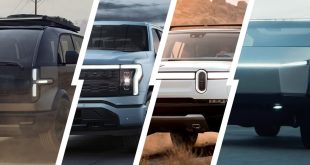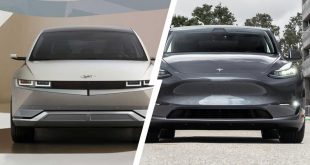If you thought that this year was great for EVs, wait until you see what manufacturers are cooking for the future!
Electrification process in the auto industry, the EV revolution, higher percentage of zero-emission vehicles on roads across the globe — these terms have long become commonplace now. However, this doesn’t mean that the EV market is moving at a slower pace or even stagnating. On the contrary, it’s evolving more rapidly than ever before as more and more all-new EV models flock to it daily.
There are now a plethora of all-new EVs scheduled to enter the market in the next few years. That’s precisely what we’ll be focusing on this time around. We’ll exclusively cover the upcoming traditional passenger cars with zero-emission electric powertrains arriving by 2025.
Worth mentioning, this article excludes hybrids and alternative body styles like SUVs and pickup trucks. We’ll cover those separately.
So without further ado, here are some of the most interesting electric cars scheduled to arrive between 2021 and 2025.
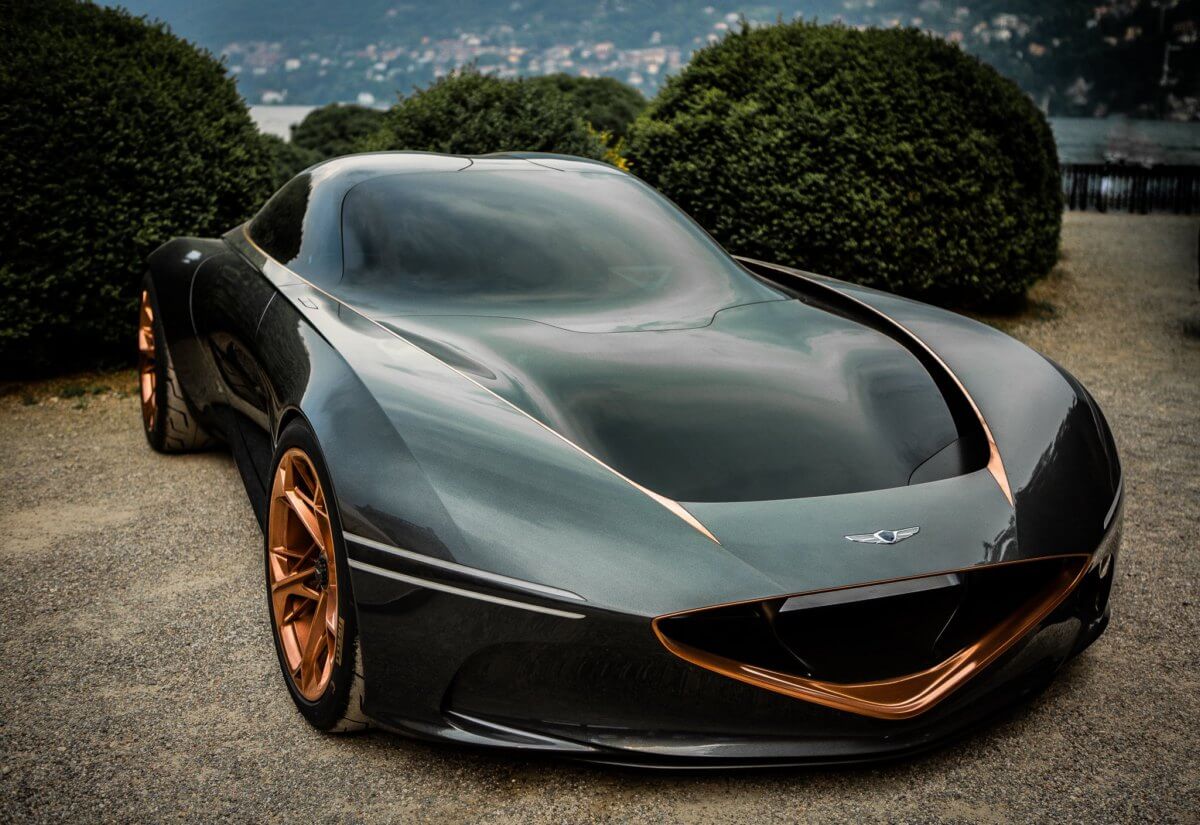
Genesis Essentia
First revealed at the 2018 New York auto show, the Genesis Essentia might end up becoming Hyundai’s luxury division’s first coupe, and an electric one at that. Although there’s a slight chance, the Koreans will take a different approach, which entails a hydrogen-powered setup. The Essentia is still in concept form, but it should arrive in 2023, likely under another name. The potential price range is still a mystery but, knowing the Koreans, they’ll find a way to undercut their German and American rivals. The exact powertrain setup of the luxury coupe is also unknown.
It’s been a while since Hyundai’s $90 million investment in the Croatian electric hypercar maker Rimac, but this might just give the largest Korean automaker what they need. More will probably become transparent in the coming months, likely when large car shows make their comeback.
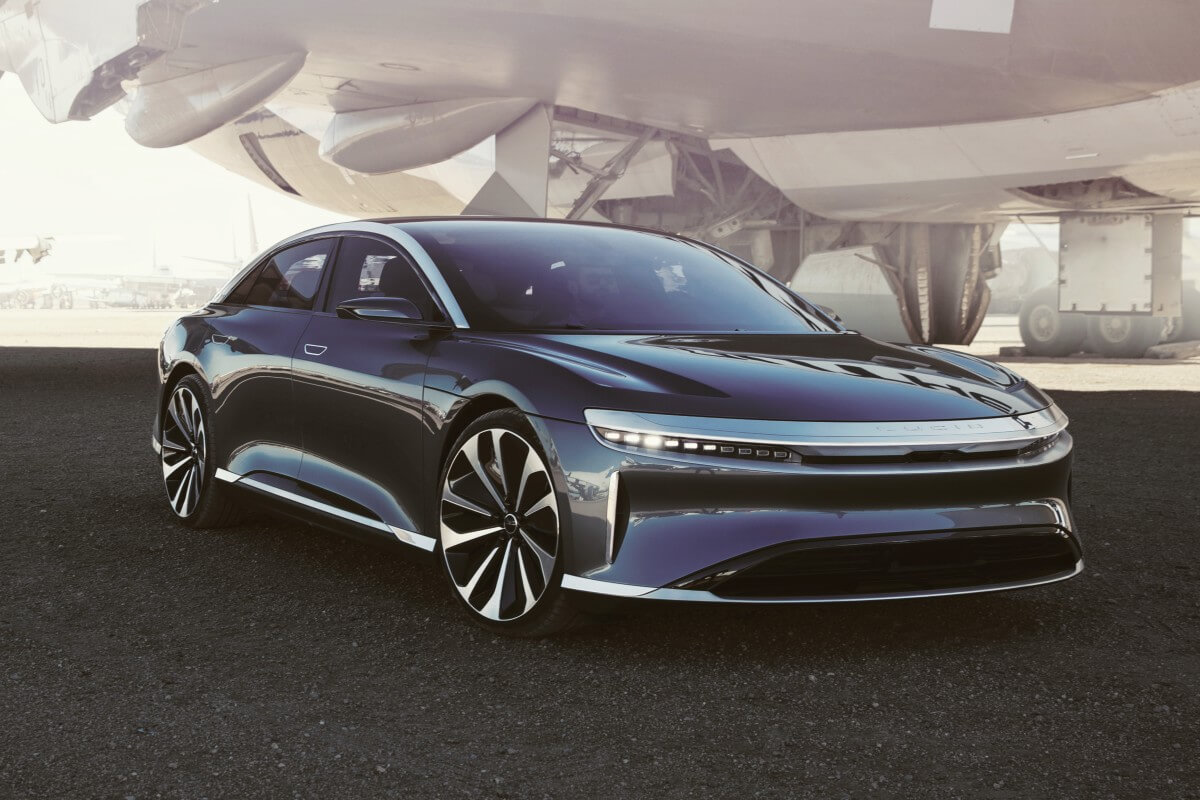
Lucid Air
Founded in 2007, Lucid Motors is a relatively young company, but one with a wealth of experience already. After developing and providing batteries for Formula E cars, Lucid Motors finally decided to market its model dubbed Lucid Air. The all-electric sedan’s production version made its debut in 2020, but deliveries aren’t expected before the second half of 2021. Prices will start from $77,400 for the entry-level Pure trim, while the range-topping Dream Edition should set you back $169,000 before incentives.
The most exciting part of the Lucid Air sedan has to be its powertrain. Even the base models pack quite a punch thanks to their single-motor setup with 480 hp. Meanwhile, the $87,500 Touring and $139,000 Grand Touring grades develop 650 hp and 800 hp, respectively, by utilizing a dual-motor setup. Finally, the range-topper generates a staggering 1080 ponies and up to 509 miles of range with smaller 19-inch wheels. On 21-inch wheels, the range falls to 465 miles. While the Dream Edition provides the ultimate acceleration (0 to 60 mph in 2.5 seconds), the Grand Touring model offers the maximum 517-miles available range.
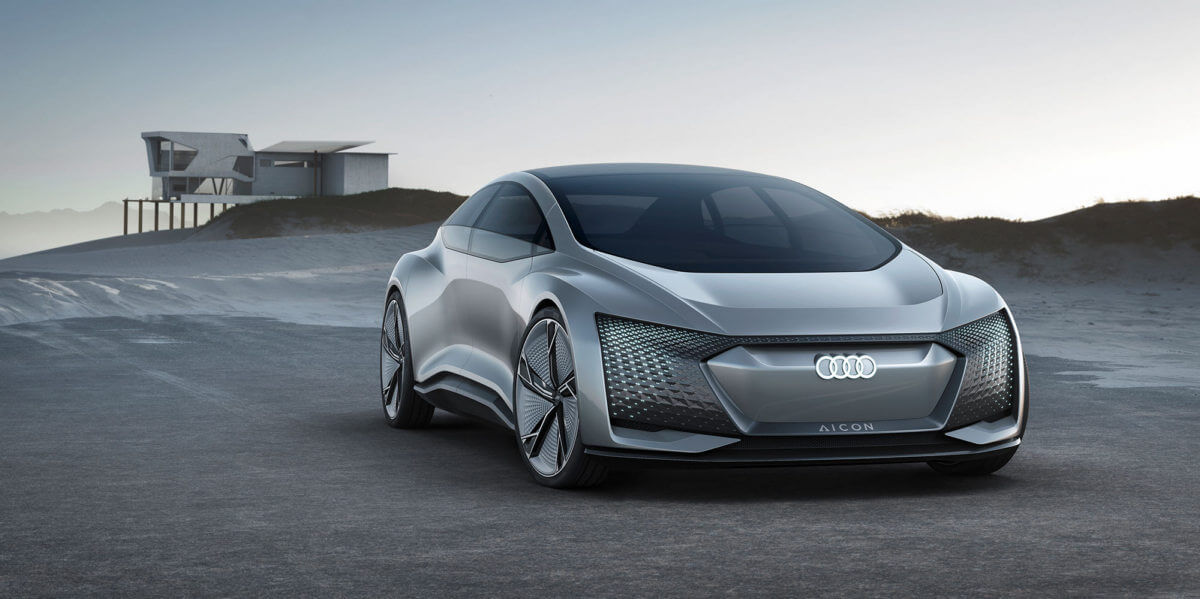
Audi Artemis
Although the production model slated to arrive in 2024 will almost certainly fit under Audi’s standardized nomenclature (possibly as the A9), the Artemis is more than a mere concept car name. It’s actually the name of a unit for the accelerated development of additional automobile models. It should spawn new Porsche and Bentley electric cars alongside the Audi version (“Landjet” project). However, with the upcoming electric Audi flagship sedan still far in the future, prices are still unknown.
We know even less about its powertrain. However, the “Landjet” project’s battery pack will probably utilize the new 800-volt charging technology. Likely underpinned by the PPE modular platform, the future luxury all-electric trio should be more than capable of holding its own against the ever-increasing numbers of high-performance EV’s. Being the most affordable and first to arrive of the three, the Audi spawn of the Artemis division will likely be less powerful as well.
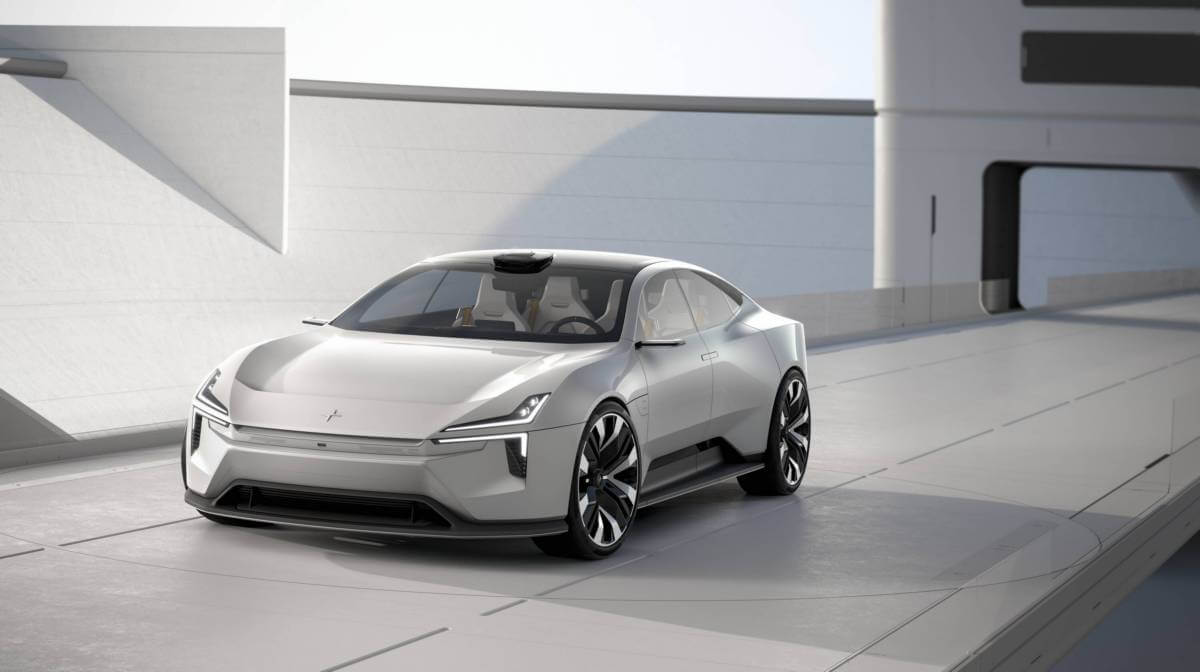
Polestar Precept
Although initially expected to market models 1 through 4, Volvo’s performance and EV division has decided to spice things up and stray from this well-thought-out path. Their next vehicle might just end up being the Precept sedan. This move makes sense. Namely, instead of focusing on the Polestar 3 crossover (which will arrive in due time), the Polestar brand plans to counter the likes of Porsche Taycan, Audi e-tron GT, and Tesla Model S. With that in mind, expect it to cost around $100,000 and arrive in time for 2023.
There’s precious little to write about the forthcoming Polestar Precept’s powertrain. Nonetheless, judging by the company, expect it to offer an adequate amount of power. The Polestar 2, for instance, makes 402 hp and provides 233 miles of range. Needless to say, the Precept should be able to offer more. It’ll also offer an eco-friendly interior and the most advanced technology available, like the new deep Android integration, which helps the car recognize the approaching driver and get his/her settings ready at hand.
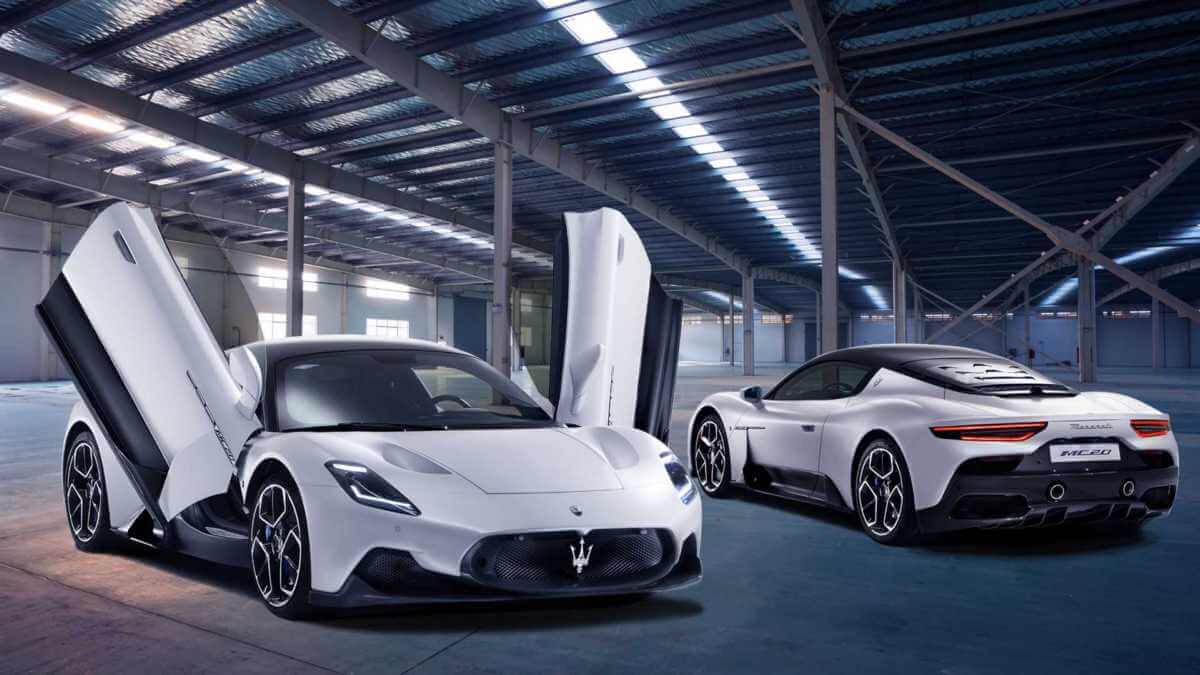
Maserati MC20 EV
Although the initial model features a more conventional 630-hp twin-turbo V6, the iconic Italian automaker doesn’t intend to stop here. After the internal-combustion MC20 debuts in 2021, Maserati will also offer a fully-fledged EV version of its mid-engine sports car. Of course, the EV will sport an entirely different powertrain layout, consisting of no less than three electric motors. The combined output should be over 700 hp. Simultaneously, its battery will support 800-volt technology and DC fast charging with rates up to 300kW.
Considering the conventional MC20’s base price is around $200,000, the all-electric version will start way north of that figure. The most likely debut date for the EV sports car is 2022, but that’s yet to be confirmed. We’ll know more soon enough.
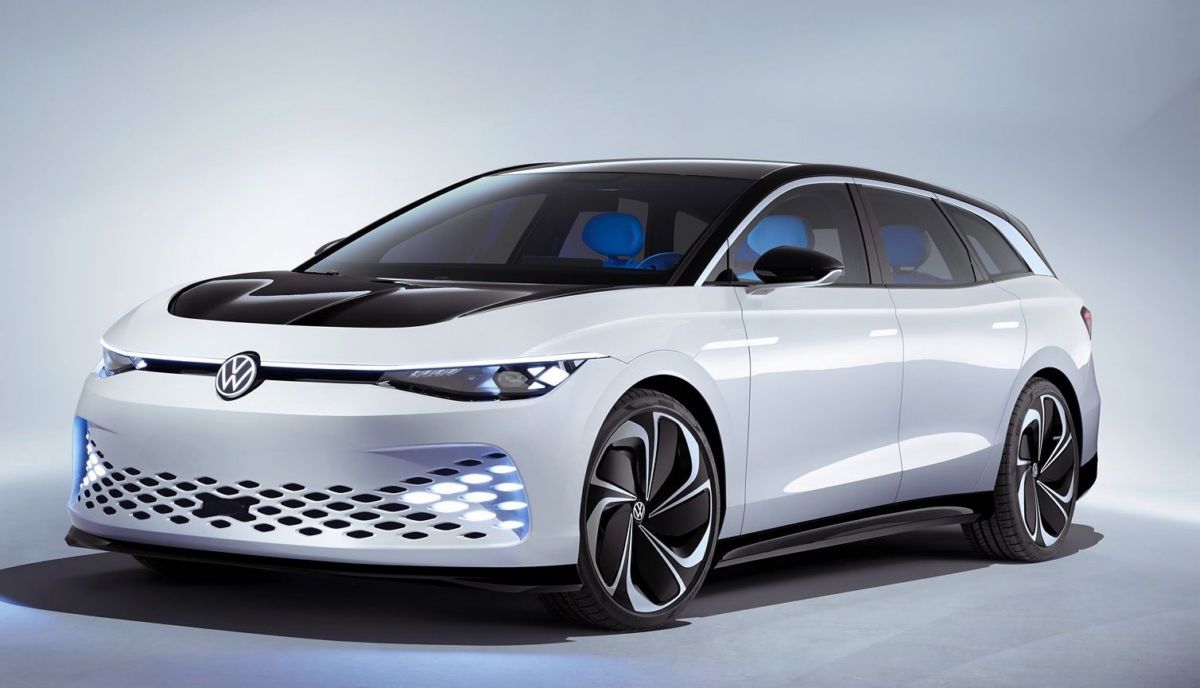
Volkswagen I.D. Space Vizzion
We’re living in a day and age where there’s simply no place for the good old station wagon as their numbers have dwindled to single digits in many markets around the globe. Not to mention the fact that an all-electric wagon is yet to appear. Well, Volkswagen might just have the remedy for that particular issue in the face of forthcoming I.D. Space Vizzion. Likely to be renamed for production (although the ID bit will remain), the first-ever mass-production EV wagon should arrive in 2022 at the earliest. We still know nothing about pricing, though.
The Volkswagen ID. Space Vizzion wagon should be available in both single-motor 275-hp and dual-motor 355-hp setups. Both versions would utilize an 82-kWh battery pack, good enough for 300-miles of range. Although wagon sales have hit rock bottom recently, being the only option on the market probably won’t hurt this enticing Volkswagen’s chances for success.
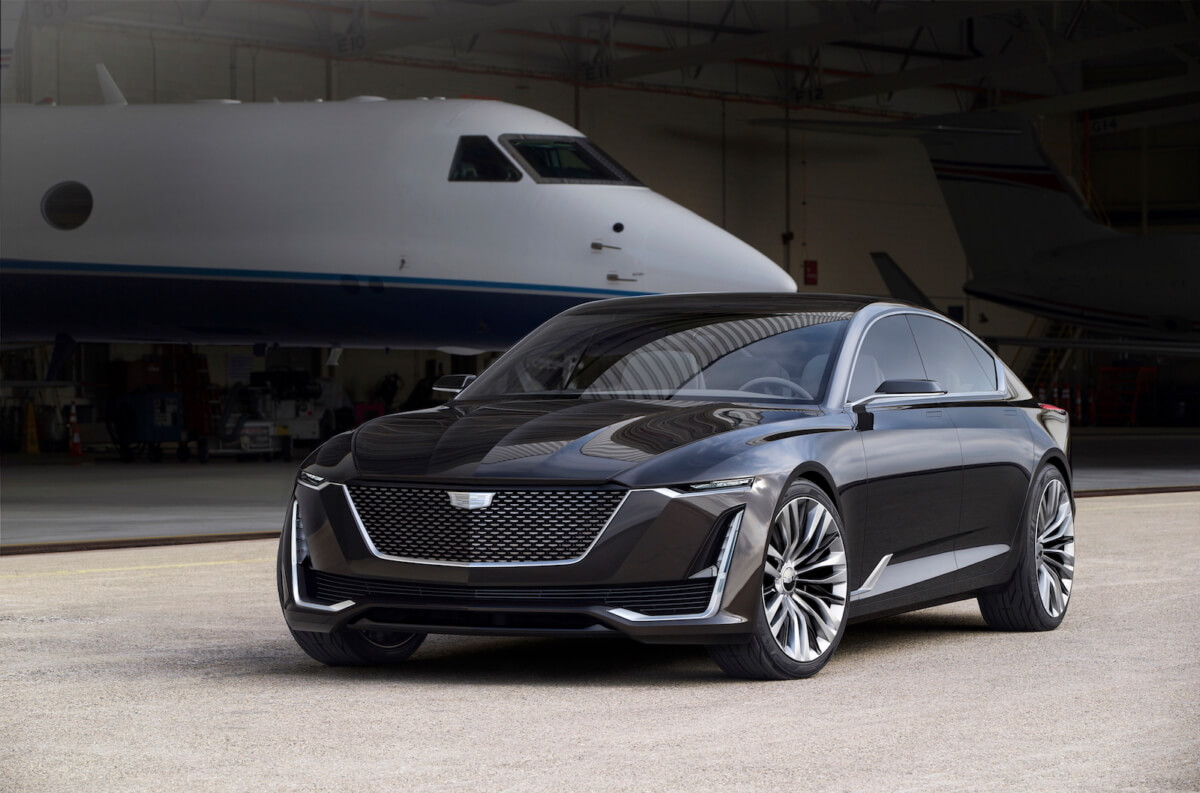
Cadillac Celestiq
Not even Cadillac has remained immune to the electrification process and already works on all-new all-electric models. One of them is the flagship electric sedan currently going under the name of Celestiq. The luxurious full-size sedan should be ready for late 2022 or early 2023, with prices possibly starting north of $200,000. Such a high price tag would make it the most expensive production Cadillac model to date. Nonetheless, considering it’s mostly hand-crafted, the Celestiq is not your run-of-the-mill American luxury sedan. It’s much more than that.
There’s precious little info available on Celestiq’s powertrain setup, but you can be certain that GM won’t let it go into the fray empty-handed. Expect at least two if not more electric motors for a substantial net horsepower rating and long enough range to compliment it. What’ll probably become the most advanced Cadillac to date should also support the ultra-fast 800-volt charging system that most (if not all) of its future competitors will be built around as well.
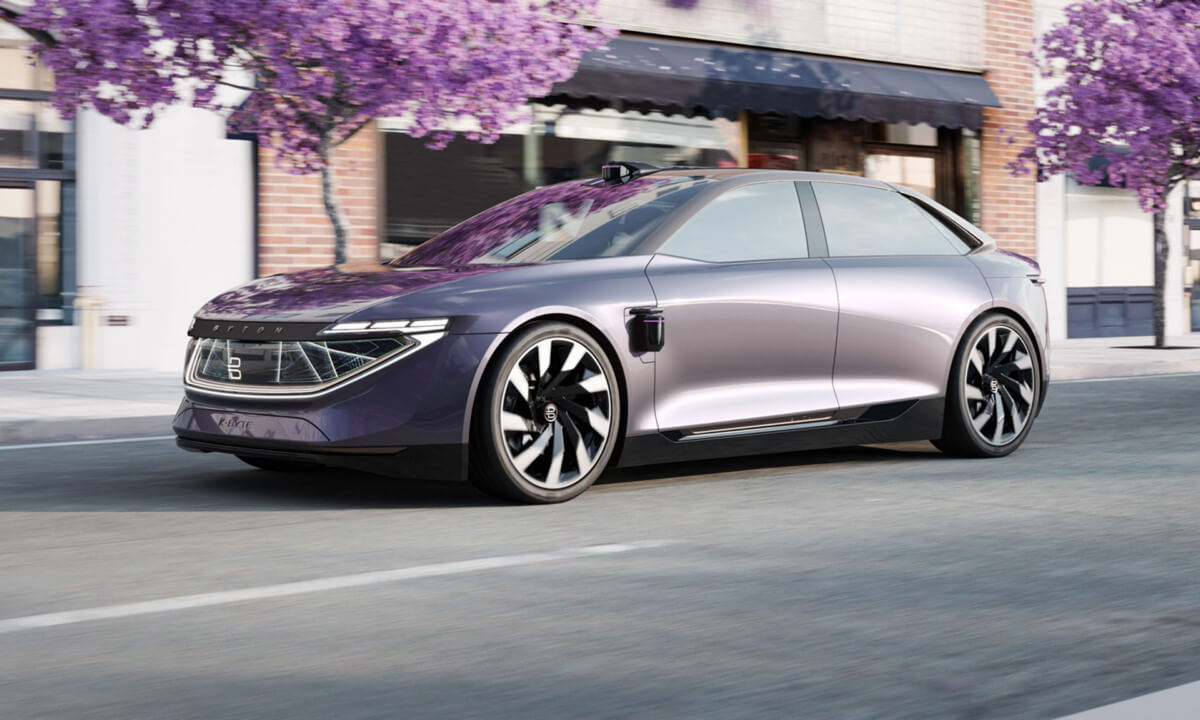
Byton K-Byte
Sadly, it doesn’t seem like the Chinese automaker can catch a break as its scheduled push to the global markets has been blighted by the onset of the COVID-19 pandemic. Although the M-Byte crossover’s arrival has been postponed indefinitely, the K-Byte sedan might still make it in time for the scheduled 2022 debut. The relatively affordable and highly-advanced all-electric sedan should start from $45,000 before incentives.
The Byton K-Byte will be available in two setups. The base single-motor two-wheel-drive model packs a 71-kWh battery and 272 hp, while the dual-motor four-wheel-drive setup sports a larger 95-kWh battery with 476 hp. The total range is estimated at 250 miles and 325 miles, respectively. Hopefully, the Chinese company will deliver what it promised, as it sounds rather enticing.
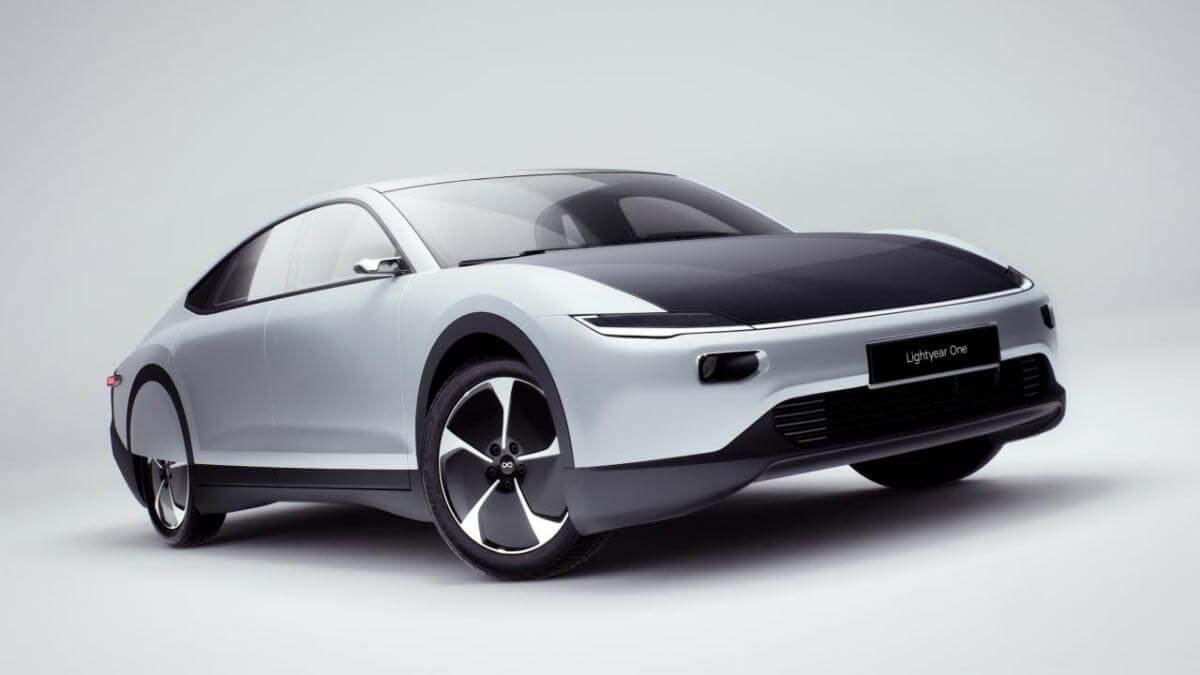
Lightyear One
The young Dutch company’s first foray into the EV market is a first-of-its-kind vehicle. The Lightyear One isn’t a typical EV, as it uses solar power for maximum efficiency. Although you can charge it via a plug-in cable, the liftback sedan can also be charged on solar energy alone. Of course, the latter will take longer at the rate of 7.5 miles per hour of charge. What’s even better is that it also charges while in motion – provided there’s enough sunlight, of course. All in all, the Lightyear One should provide up to 450 miles of range.
The Lightyear One’s deliveries likely won’t start before 2022, although there’s a chance it might arrive sooner. However, a $170,000 starting price can prove to be a detrimental factor. More so since the reservation alone costs $135,000. Regardless, the Dutch oddball sedan is one of the most intriguing EV’s slated to arrive soon.
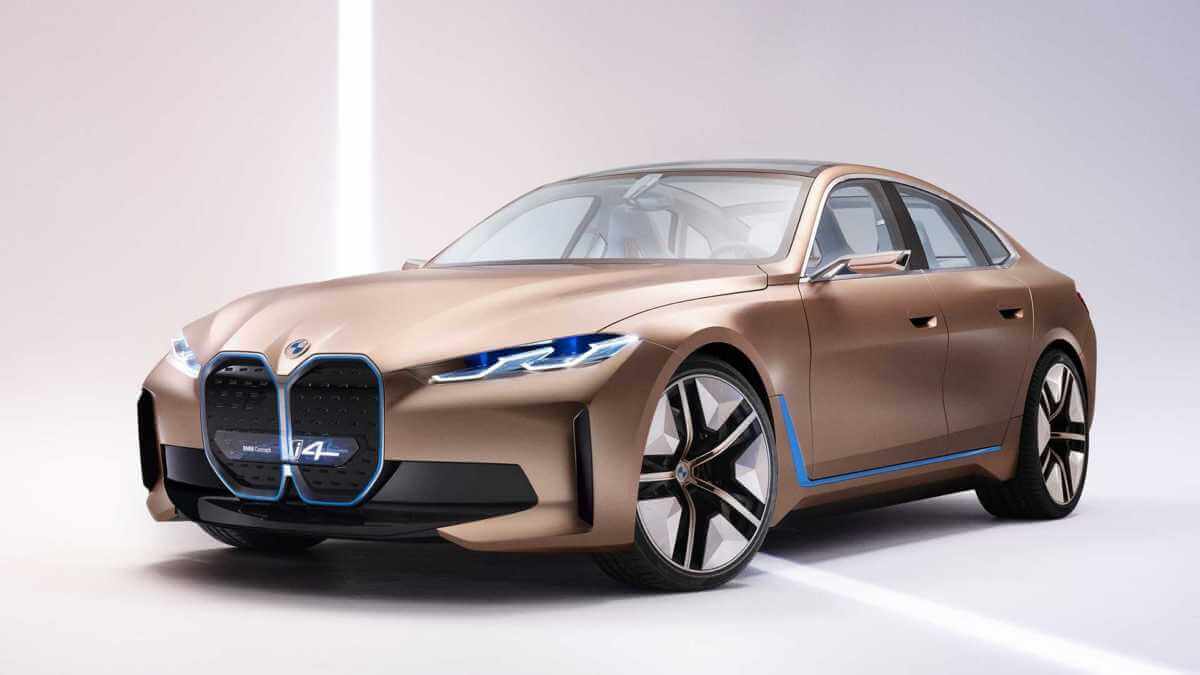
BMW i4
BMW is lagging behind some of its rivals in terms of electrification, despite its i3 and i8 being available for a few years now. The BMW i4 is one of the numerous upcoming all-electric “bimmers” aimed at rectifying this issue. The i4 should arrive in late 2021 as a 2022 model, with prices probably starting from around $50,000.
Thanks to an 80-kWh battery pack paired with an electric motor, the i4 should generate not too shabby 530 hp and provide up to 372 miles of range according to the European testing cycle. Needless to say, the EPA figure will be somewhat lower. What it might lack in range, the BMW i4 should compensate with a high-quality and tech-savvy interior. Overall, the sedan could be one of the best upcoming EV’s, especially for enthusiasts.
Last Words
Although every major automaker has an EV planned by 2025, we’ve decided to turn your attention mostly to some oddball and less-anticipated choices. As you’ve been able to see, most of them have some pretty neat tricks up their sleeves. Whether it’s the intriguing solar-powering technology, affordable price, or the next-level ultra-fast charging – each comes with high expectations from their manufacturers. It remains to see how they’ll fare against the already established competition, which isn’t expected to keep resting on its laurels.


